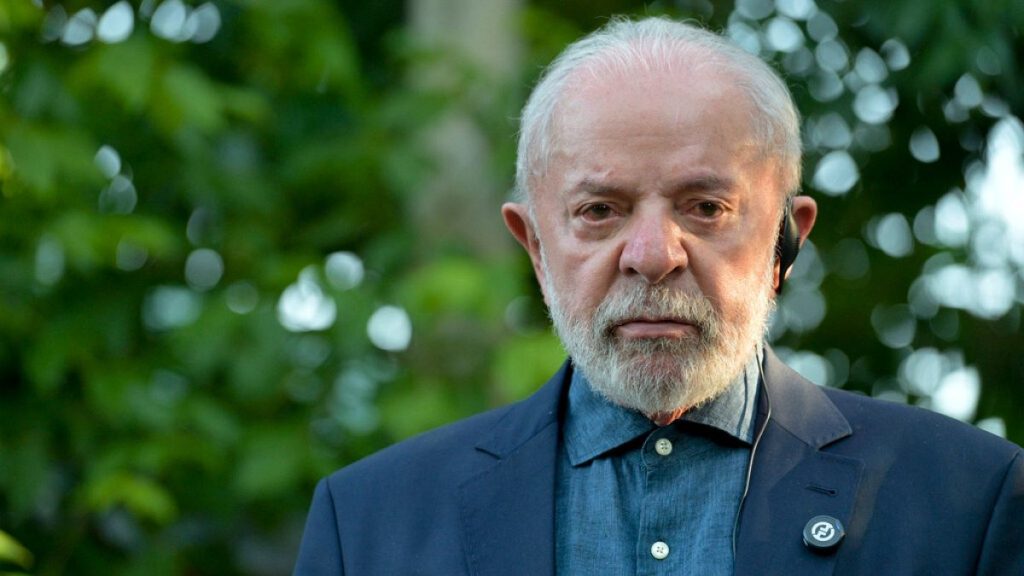Brazilian President Luiz Inácio Lula da Silva, a prominent figure in Brazilian and global politics, underwent surgery to address a brain bleed in late January 2024. The procedure, performed at the Sirio Libanes hospital in São Paulo, was deemed necessary after an MRI scan revealed an intracranial hemorrhage following Lula’s complaint of a headache. The president was subsequently placed in intensive care for monitoring and reported to be in stable condition. This health scare is connected to a fall Lula experienced at home in October 2023, which resulted in a small brain hemorrhage and trauma to the back of his head. The October incident had already caused Lula to cancel a planned trip to Russia for a BRICS summit, opting instead to participate via videoconference.
The October fall and subsequent brain hemorrhage mark the latest in a series of health challenges for the 79-year-old president. In September 2023, Lula underwent hip surgery to alleviate what he described as “unbearable” pain. Earlier in his political career, Lula battled throat cancer, diagnosed in 2011. He successfully overcame the disease after undergoing chemotherapy and radiotherapy, demonstrating resilience in the face of significant health adversity. These past health issues underscore the physical demands of holding high office, particularly at Lula’s age, and raise questions about the long-term implications for his political career.
Lula’s recent health scare occurred against the backdrop of his active political life. Having served as Brazil’s president from 2003 to 2010, he returned to the presidency in 2022 after defeating Jair Bolsonaro in a closely contested election. His return to power signified a significant shift in Brazilian politics and reignited discussions about the country’s direction under his leadership. Lula’s political agenda, focused on social justice, economic development, and environmental protection, has placed him at the center of both domestic and international attention. The recent health episode adds another layer of complexity to his political trajectory and raises questions about the continuity of his ambitious policy goals.
Despite the health challenges, Lula had expressed a willingness to seek re-election, though he also expressed hope that other candidates would emerge, allowing for political renewal in Brazil. This statement, made in an interview just a month before his recent surgery, reflects a blend of political ambition and a desire for fresh perspectives in leadership. It also highlights the uncertain political landscape in Brazil and the ongoing debate about the country’s future direction. The current health situation undoubtedly introduces new considerations into this debate, raising questions about the potential impact on Lula’s political future and the broader political landscape in Brazil.
The timing of Lula’s health scare is particularly noteworthy given the current political climate in Brazil. His return to the presidency after a period of political upheaval brought with it both hope and skepticism. Supporters viewed his return as an opportunity to restore stability and address pressing social and economic issues. Critics, however, expressed concerns about his past and the potential for renewed political polarization. The recent health episode adds another element of uncertainty to this already complex political environment, raising questions about the stability of the current administration and the potential for political realignments.
Lula’s health journey, marked by both resilience and vulnerability, underscores the human dimension of political leadership. While his political achievements and ambitions remain central to the narrative, his health challenges remind us of the personal toll that public service can take. The recent events highlight the unpredictable nature of health and the potential impact on even the most powerful figures. As Lula recovers from his surgery, the focus remains on his health and well-being, with the political implications of his situation unfolding in the background. The long-term impact of this health scare on Lula’s political future and the broader Brazilian political landscape remains to be seen.














